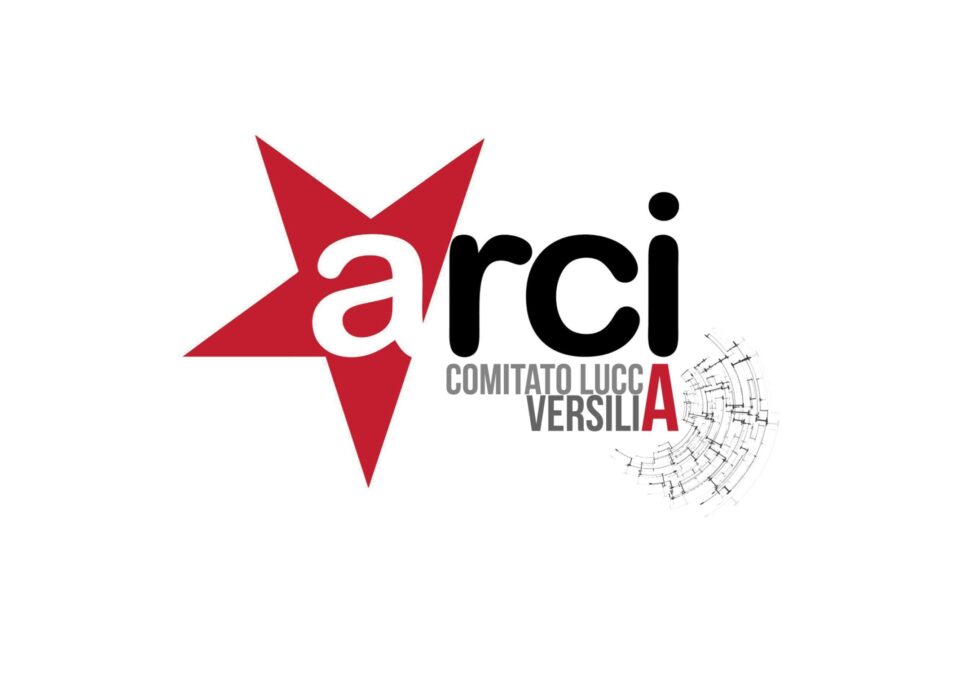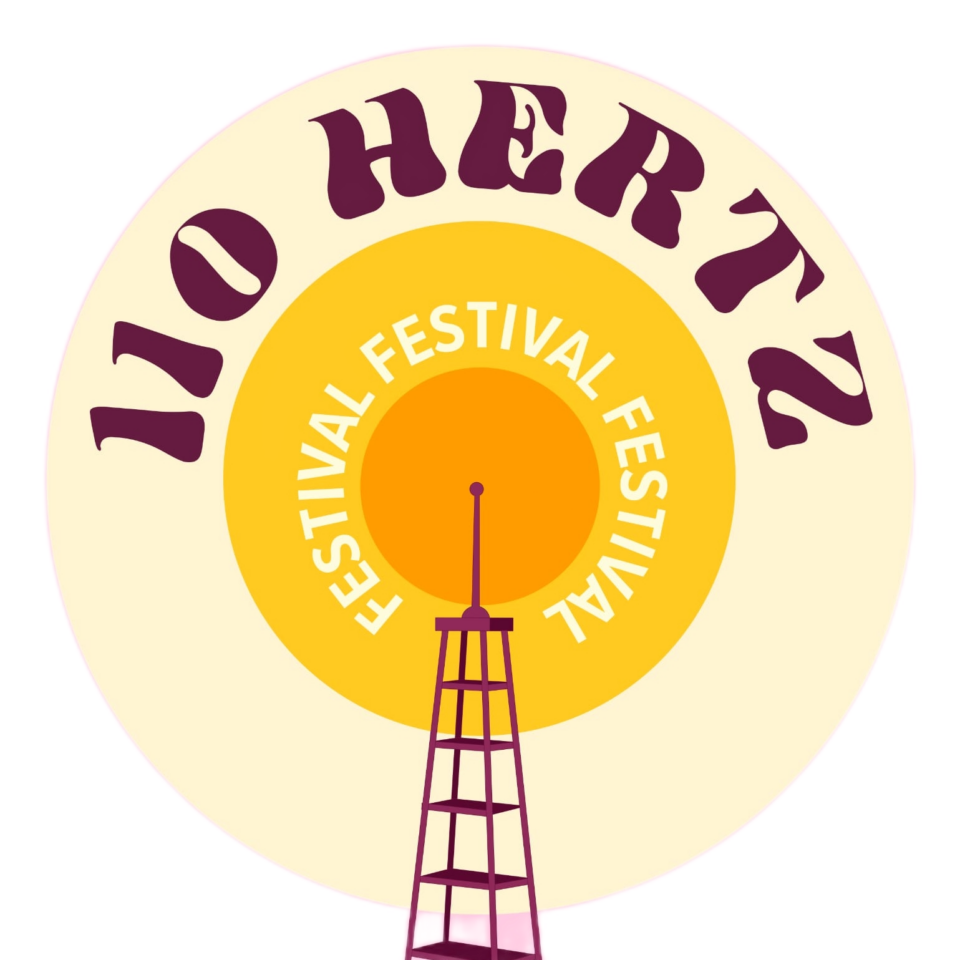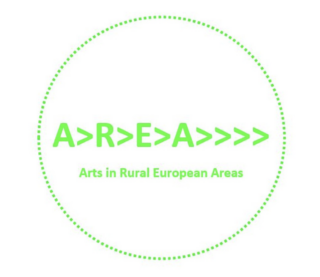Queste le collaborazioni sul nostro territorio:





Fin dalla sua fondazione Code per Curiosi fa parte del network:

WHO WE ARE
STATEMENT
A.R.E.A. is a network that:
> connects cultural practitioners working in contemporary arts in and from rural areas across Europe
> facilitates a mutual and ongoing exchange of skills, knowledge and experiences
> promotes the circulation of ideas, people and projects
> conducts research projects and disseminate the outcomes
> plans and coordinates participatory, inclusive and sustainable actions at a local, regional, national and European level
A.R.E.A. members:
> are established or emerging cultural practitioners and organisations
> research and share best practices, exchange and learn skills, create and collect new tools
> advocate for arts and culture in rural areas
> seek through the arts to imagine and practice sustainable ways of living and working for both the environment and human communities
A.R.E.A.’s aim: awareness
A.R.E.A.’s actions are aimed at raising and increasing awareness on the crucial role
of rural areas in the European economic and socio-cultural context.
A.R.E.A.’s aim: advocacy
A.R.E.A. uses assets, resources and research to promote arts and culture in rural areas to policy and decision-makers.
A.R.E.A.’s aim: empowerment
A.R.E.A. supports the empowerment of rural communities by building and promoting
collaborations on artistic co-creation, capacity-building and advocacy.
A.R.E.A.’s aim: fulfilment
A.R.E.A. aims to inspire, develop, research, support, celebrate and advocate for the
uniqueness and relevance of cultural practice in and from rural areas, in order to
achieve its full creative and expressive potential.
AREAS OF INTERVENTION
Actions that are specific to different areas of intervention:
Local level:
- ● support artists and organisations working in rural areas to access and share resources, build advocacy, exchange experience and skills with other practitioners
- ● promote practices of sustainable rural development tailored to the needs of eacharea
- ● support with advocacy towards local administrations
- ● promote local initiatives by connecting them with others from different regionsRegional level:
- ● support with advocacy towards regional administrations
- ● support artists and organisations working in rural areas to access and shareresources, build advocacy, exchange experience and skills with other practitioners
- ● connect people/professionals/organisations working in the same region
- ● facilitate the circulation of information related to funding opportunities on a regionalbasisNational level:
- ● offer a platform to discuss common issues and start new projects for practitioners from the same country
- ● support with advocacy towards national administrations
- ● facilitate the circulation of information related to funding opportunities on a nationalbasisEuropean level:
● act as a permanent gathering point where practitioners and organisations from European rural areas can meet and connect
2
- ● promote research to provide an overview on the needs, vulnerabilities and potential of European rural areas
- ● sponsor initiatives to support the circulation of people, ideas and projects across Europe
- ● advocate for rural areas towards EU institutions
- ● facilitate the circulation of all information related to international fundingopportunities in EuropeWorldwide level:
- ● create a wider network for practitioners and organisations to explore and connect with each other
- ● share information about methodologies, best practices, experimental projects, different models of cultural cooperation outside EuropeOBJECTIVES
- ● Provide members with networking, knowledge and good practice exchange opportunities both digital and face to face.
- ● Inspire and support the empowerment of rural communities by building and promoting accessible, diverse and inclusive collaborations with cultural practitioners.
- ● Encourage people living in rural areas, especially the younger generation, to consider the arts and culture field as a possible future career path.
- ● Stand as a permanent space of discussion and connection for artists, cultural operators and organisations to share experience and find support on common issues and shared goals.
- ● Promote the circulation of ideas, people and projects within and outside Europe.
- ● Support the creation and collection of new tools of analysis and development forcultural practice in rural areas.
- ● Advocate for recognition of the unique expertise and perspective of culturalpractitioners working in rural contexts.
- ● Influence funding and policy decision-making on a local, regional, national andEuropean level by designing innovative and sustainable models of research,organisation and creative practice.
- ● Provide information, resources and news on best practices, policies, events andfunding opportunities about arts and culture in rural areas.
● Plan and coordinate participatory, inclusive and sustainable actions at a local, regional, national and European level.
- ● Rural communities
- ● Artists and creative producers
TARGETS
3
- ● Local ambassadors and supporters of network members
- ● Local leaders involved in associations, cultural practice, agriculture/farming, natureprotection, tourism, education, activism, small and medium local businesses
- ● Collaborators who participate in members’ activities
- ● Cultural operators
- ● Cultural organisations
- ● Public bodies
- ● Government bodies
- ● Educational institutions
- ● Innovative private enterprises
- ● Other networks of cultural practitioners and organisations
- ● Entities and individuals actively taking part in social innovation processes
- ● Small and medium sustainable companies
- ● Trusts, private funds and foundationsOUTPUTS AND OUTCOMESOUTPUTSRegular meetings of various focus groups, such as Creative Hubs, Methods, Advocacy and Resources and Area meets the World
Workshops and Training
TalksResearch projects
Artistic co-productions
Cooperation projects within and outside the network
Policy proposals
Tools (database, toolkits, case studies, reports, catalogue of resources, publications, etc.)OUTCOMESWider and deeper connections between members
Resource hub for practitioners
Improved touring opportunities for works made in rural areas
Improved learning and training opportunities for local talent in rural areas Stronger and better coordinated advocacy
Empowerment of rural communities
Deeper understanding of European rural areas
Sustainable and inclusive artistic practiceIMPACTS
- ● Encourage new modes of interaction between contemporary arts and territories and communities.
- ● Pursue a sustainable future with and for rural communities.
- ● Foster recognition, respect and appreciation of artistic works created in rural areas.
- ● Strengthen creative infrastructures in European rural areas.
4
- ● Support access to a greater and more diversified cultural offer in rural areas as an essential human right.
- ● Promote and develop collaborative partnerships and projects that employ new practices and models which benefit the existing contemporary arts landscape.
- ● Enhance welfare for communities living in rural areas.
- ● Raise awareness of the crucial role rural areas play in the construction and promotion of a sustainable and inclusive European community.
● Influence a positive spillover into other contexts (peripheries, peri-urban areas,
suburban areas, etc.) sharing knowledge and practice.
● Promote the vision of rural areas as a lab, a vital source of new ideas and a territory
to experiment with new models.
5
GENESIS AND BACKGROUND
GENESIS
The idea for an A.R.E.A. network came about after a series of sessions about the ‘role and function of art in rural areas’ during IETM meetings while at the same time Rural Forums took place in the Netherlands and Denmark. A.R.E.A. started in October 2020 with a group of 12 artists, creatives, organisers and policy developers in 12 countries engaged in weekly on-line meetings and newsletters with 120 interested followers. The network stemmed from a shared need for a permanent focus on rural issues and a shift of perspective from the “urban norm” towards the inclusion of rural customs and values.
BACKGROUND
Common Ground
Our members have the same starting point – the necessity to consider the field of arts production and presentation within the rural context. By this we mean work that is made in and emerges from a rural situation, that relates to communities inhabiting a rural context and hinterland and which reflects their own contemporary and specific context. While we do not accept a binary urban versus rural categorisation or hard border and we have an understanding that rural contexts can be very different, we nevertheless feel a rural sensibility that connects us and distinguishes our practice from our urban counterparts. We are open hearted in our approach and welcome opportunities to make bridges between the rural and urban, believing that each has much to contribute to the other. In this respect we will meet as equals and it is this parity of positions that supports a healthy dialogue.
European policymaking
At the macro level A.R.E.A. members are aware of a growing disjunction in a pervasive, urban dominated dialogue and its impact on those living in rural areas. That policy-making focus is simplistic, patronising and presumptive. This chasm is resulting in a dissatisfaction that has its roots in a metropolitan driven agenda overwhelming the needs of rural communities. As the problems in rural areas mount up with the disappearance of rural services and the resulting increased pressure on social networks that can lead to their implosion there is a growing feeling of being unheard and unseen in rural communities. This is now being recognised by politicians with a growing understanding that this dissatisfaction is leading to higher levels of euro- scepticism across Europe and that is a worrying trend.
6
The 2030 Sustainable Development Agenda and the European Green Deal have set a series of common goals to act on agriculture models and job creation, providing services – health, education, broadband, housing and so on. These priorities are essential, but they ignore the role arts and culture play as a catalyst of human existence and experience.
Arts and culture in the rural domain need strong advocacy. The essential human need for cultural self-expression enables us to connect and communicate with each other. This essential need can be viewed in purely creative and artistic terms, it can also be valued for its role in so many spheres of activity – education, health, strengthening social capital and in general contributing to social cohesion.
It is important, therefore, that A.R.E.A. speaks up for culture in rural areas not only inside the European culture specific domain but also rural policy making domain in general as it impacts on the lives of rural inhabitants. As such we will make alliances with partners operating in the cultural sphere and others impacting on rural areas – agriculture, environment, health, education and so on.
European rural cultural context
Viewing where culture sits within the wider perspective, it is our belief that, at regional, national and European levels, there is overwhelming support to cultural institutions in urban centres, whereas cultural activity in rural areas operates within a fragmented and poorly supported infrastructure. The majority of policy and strategic reports in recent years show that budgets for culture are urban centred. Although 40% to 50% of the European population lives in rural areas, often no more than 10% of available financial investment for culture is directed into rural areas. This imbalance in the distribution of resources for the arts impacts on the ongoing sustainability, visibility and accessibility of the arts in rural areas.
Future making in rural areas and the role of contemporary arts
While the arts bring people together, creating and reinforcing social relationships, we are concerned that already low levels of cultural investment in rural areas will be magnified as we come out of the COVID-19 epidemic. Artists can generate impulses for new cultural activity and can work alongside rural communities to imagine and design a possible future that takes account of current issues. Imagination is needed to create a vision for a possible future, one that recognises the impact of climate change. The arts can identify and crystallise a need for cultural and social change. Creative activity, however, requires a sustainable cultural infrastructure and one that is informed by the rural experience and the artists and creative producers operating within it. This requires a move away from the focus on urban cultural institutions and
7
organisations to lived rural experiences, traditions and customs that can be revisited, revitalised, reconstructed, reimagined within a creative crucible.
Culture is an essential part of who we are: it enables us to make explicit the values that are important in our lives. In a fast-changing world, and especially in rural areas where huge transitions take place, we need to decide together what values we want to share. In other words, who we are and what kind of society we want to live in. Art can create images of a possible future society.
A.R.E.A.’s ambition
As members of A.R.E.A. we will both work with and alongside cultural activity currently taking place in rural areas while being stimulated by the rural context to new forms of creative expression. For many of us, we are members of our rural community and have been for decades. What we believe in is a diverse and rich culture, one that embraces the old and the new, the traditional and the contemporary. Our network of artists and cultural workers, often through a participative way of working, are committed to A.R.E.A.’s vision.
We are now witnessing growing interest in the rural agenda and with the impact of COVID-19 more creators, artists and designers are leaving urban spaces and are choosing to live in rural areas, where they are developing their forms of professional activities. Small scale workshops, residentials, local festivals are multiplying and increasingly arts and culture is no longer only seen for their cultural and social value, but their economic impacts are becoming more important.
We will communicate an aesthetic informed and influenced by our different rural environments. An open approach by all and a willingness to share and learn from each other, to build on what we have already achieved is an exciting and energizing way.
With a growing call to recognise rural demographic, ecological, economic and cultural shifts across Europe and a need to develop actions and policies to face them, arts and culture are an essential part of this movement; they need to be resourced through an identifiable network of committed actors to enable them to play their part.